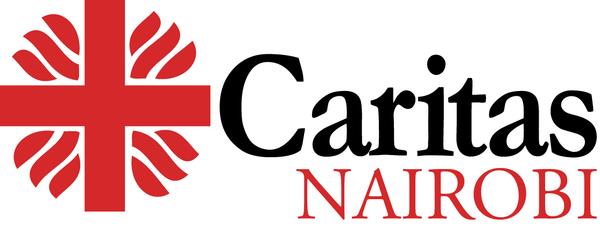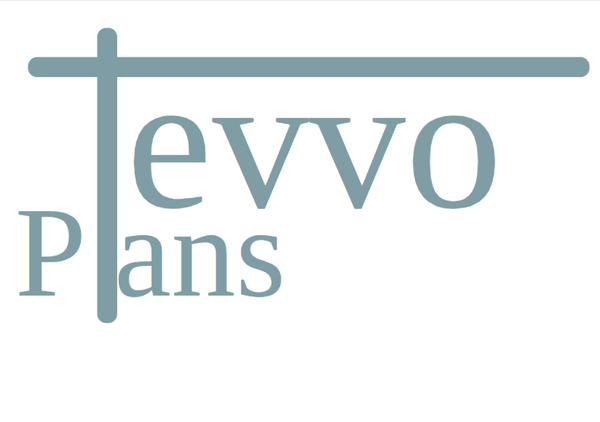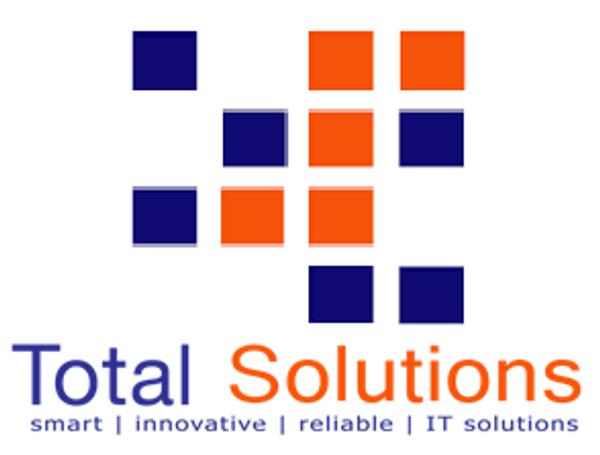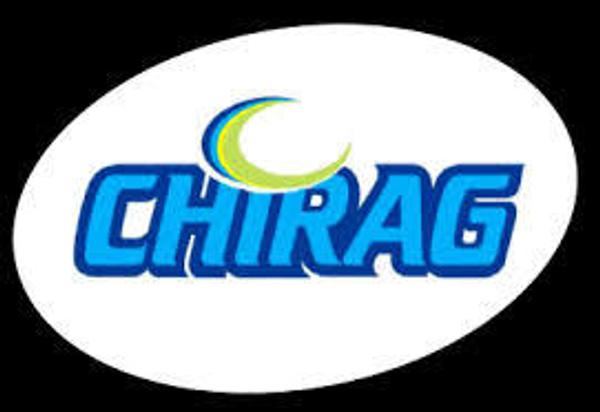Software & Data Jobs in Kenya
5 days ago
The Head of ICT develops and implements ICT strategy aligned with Caritas Nairobi’s goals, ensuring efficient, secure systems, leading digital transformation, overseeing procurement, compliance, cybersecurity, and guiding the ICT team in adopting new technologies.
Job Function : Software & Data
1 week ago
The IT Support Specialist is responsible for maintaining and improving the college’s IT infrastructure, ensuring seamless operation of hardware, software, and network systems. The role also involves providing technical support to staff and students and implementing new technologies to enhance teaching and learning experiences.
This action will pause all job alerts. Are you sure?
Job Function : Software & Data
2 weeks ago
We’re looking for a passionate and eager-to-learn Software Developer Intern to join our team at Tevvo Build. This internship is ideal for students or recent graduates with a strong interest in web application development and a desire to grow in a professional tech environment.
Job Function : Software & Data
2 weeks ago
Vayacom Ltd is seeking a proactive and technically skilled Network Technician to support the installation, maintenance, and optimization of our telecommunications and network infrastructure. The ideal candidate will assist in configuring network equipment such as routers, switches, and wireless access points, and will ensure smooth connectivity.
Job Function : Software & Data
3 weeks ago
Job Function : Software & Data
1 month ago
At least 2 years of experience in IT support, software helpdesk, or pre-sales consulting (or 3+ years' experience in lieu of a degree).
Job Function : Software & Data
1 month ago
Our client is looking for a motivated and detail-oriented Material Management Consultant with a strong understanding of SAP S/4 HANA MM Module to support their material management operations.
Job Function : Software & Data
1 month ago
TrueSight software is a comprehensive, intuitive Durable Medical Equipment billing solution developed by Medbill; a Durable Medical Equipment billing company based in the US. TrueSight focuses on streamlining workflows to save our customers time and enhance their revenue.
Job Function : Software & Data
1 month ago
We are looking for a highly skilled and versatile Web Developer to join our dynamic team. The ideal candidate will have a strong foundation in front-end and back-end development, with hands-on experience in building scalable and responsive web applications.
Job Function : Software & Data
1 month ago
3+ years of experience as a Product Manager in the internet industry, with preference for experience in AI products or conversational tools (e.g., chatbots, voice assistants).
Job Function : Software & Data
1 month ago
This role requires strong analytical skills, problem-solving capabilities, and a passion for data-driven decision-making.
Job Function : Software & Data
1 month ago
MSpace Solutions Limited is seeking a talented and experienced Java Web Application Developer to join our dynamic team. If you are passionate about building robust and scalable web applications and possess strong leadership skills, we encourage you to apply.
Job Function : Software & Data
1 month ago
We are seeking a motivated Python Developer with 2-3 years of experience to contribute to our AI-powered HR platform. You’ll work alongside senior developers, data scientists, and product managers to design, develop, and deploy backend services, APIs, and AI/ML integrations.
Job Function : Software & Data
1 month ago
A leading company in the manufacturing and distribution industry is seeking an experienced ERP Support Engineer to handle the day-to-day support of our enterprise resource planning system. The ideal candidate will exhibit strong ethical standards, demonstrate the ability to thrive under pressure, and contribute positively to our collaborative work.
Job Function : Software & Data
1 month ago
This role requires a strategic thinker with a strong understanding of user needs, business objectives, and technology to build innovative and data-drive solutions.
1 month ago
A qualified IT Assistant who is able to install and maintain computer systems and networks aiming for the highest functionality. He must have a thorough knowledge of computer software and hardware and a variety of internet applications, networks and operating systems. The ideal candidate will also have great troubleshooting abilities and attent ...
Stay Updated
Join our newsletter and get the latest job listings and career insights delivered straight to your inbox.
We care about the protection of your data. Read our privacy policy.













